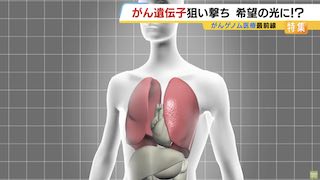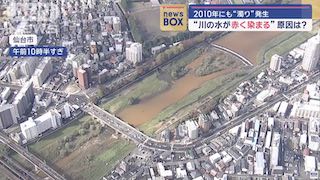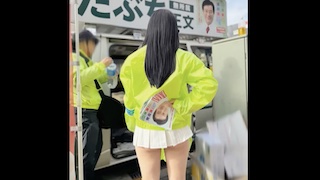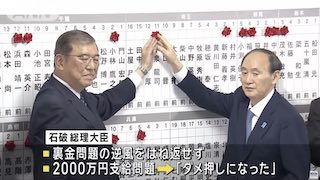TOKYO, Mar 31 (News On Japan) - In a move to combat declining birthrates, the Japanese government has revealed estimates for the upcoming "Child and Childcare Support Fund," which will be an additional charge on top of medical insurance.
The average individual burden is projected to be around 450 yen per month, with some unions seeing averages as high as 950 yen.
The collection of this support fund is set to begin in fiscal year 2026, with the target amount raised to approximately 1 trillion yen by fiscal year 2028.
Previously communicated as "just under 500 yen per month," the projected average cost per enrollee for the year 2028 has been recalculated to 450 yen.
The average contribution per insured person, including family members, is expected to be 700 yen for small and medium-sized enterprises associated with the "Health Insurance Association," 850 yen for large corporation health insurance unions, and the highest, 950 yen, for public employees' mutual aid associations.
For the National Health Insurance, the charge will be around 600 yen per household, and for the Late-Stage Elderly Healthcare System, 350 yen per individual, with the amounts varying based on income.
The bill related to the support fund is scheduled for deliberation in the Diet next week.
Source: FNN















